Summaries of books about Politics & Social Sciences:
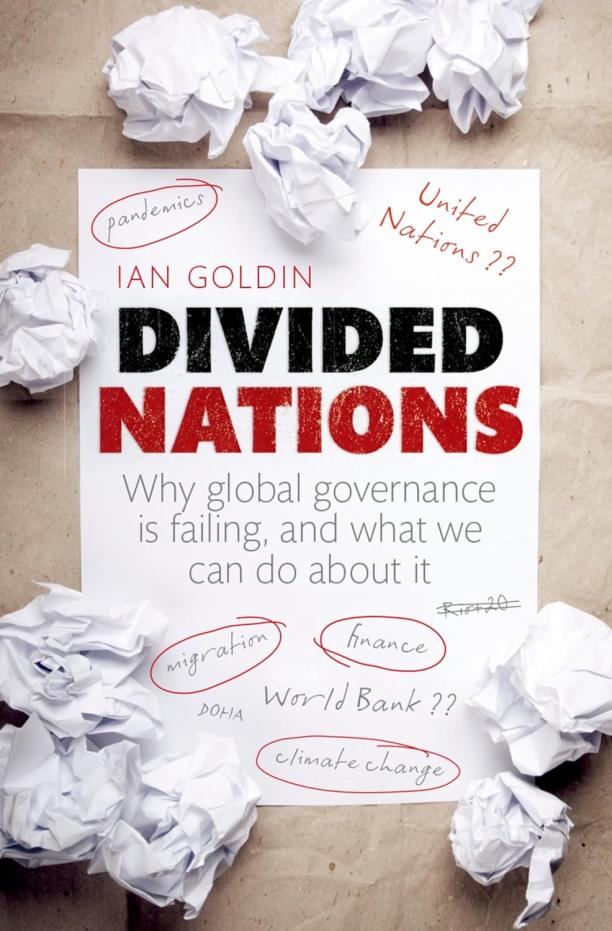
Divided Nations
Why global governance is failing, and what we can do about it
Ian Goldin
The book examines the limitations and failures of international organizations in addressing global challenges such as economic instability, climate change, and pandemics. It proposes reforms and new approaches to improve global governance and foster cooperation among nations to effectively tackle these pressing issues.
See full summary
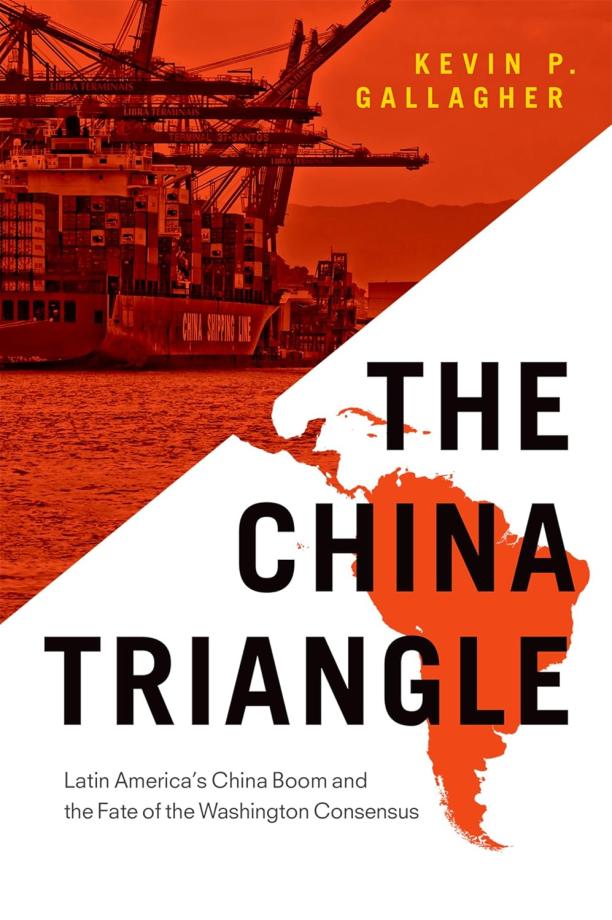
The China Triangle
Latin America's China Boom and the Fate of the Washington Consensus
Kevin P. Gallagher
The book examines the economic relationships between China and Latin American countries, highlighting the impact of Chinese investment and trade on the region's development policies and its implications for the influence of the United States and the Washington Consensus. It analyzes the benefits and challenges of this dynamic, including commodity booms, financial ties, and the potential for sustainable growth and autonomy in Latin America.
See full summary
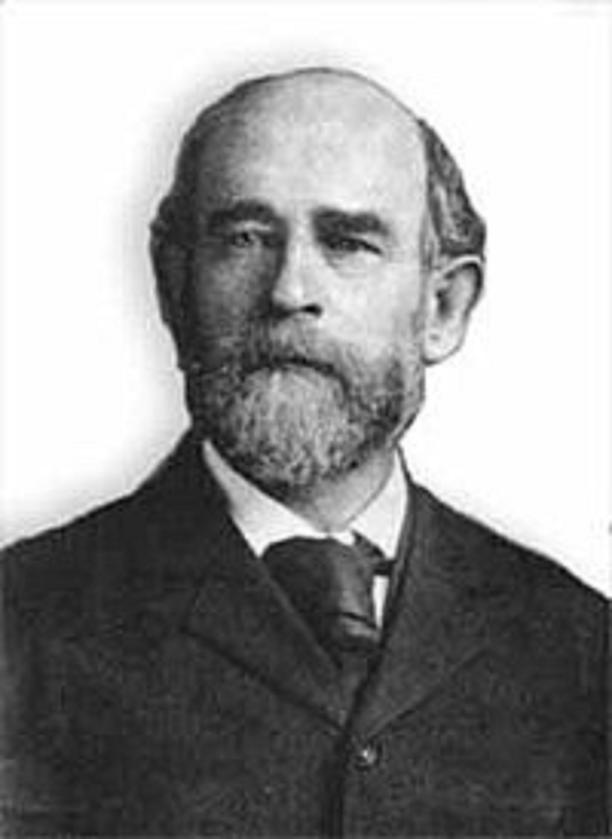
Progress and Poverty
Full and Fine Text of 1880 Edition (Illustrated)
Henry George
The book presents a critical examination of the economic inequalities that arise from the private ownership of land, arguing that this system leads to wealth disparity and societal stagnation. It proposes a single tax on land value as a solution to alleviate poverty and promote social and economic progress.
See full summary
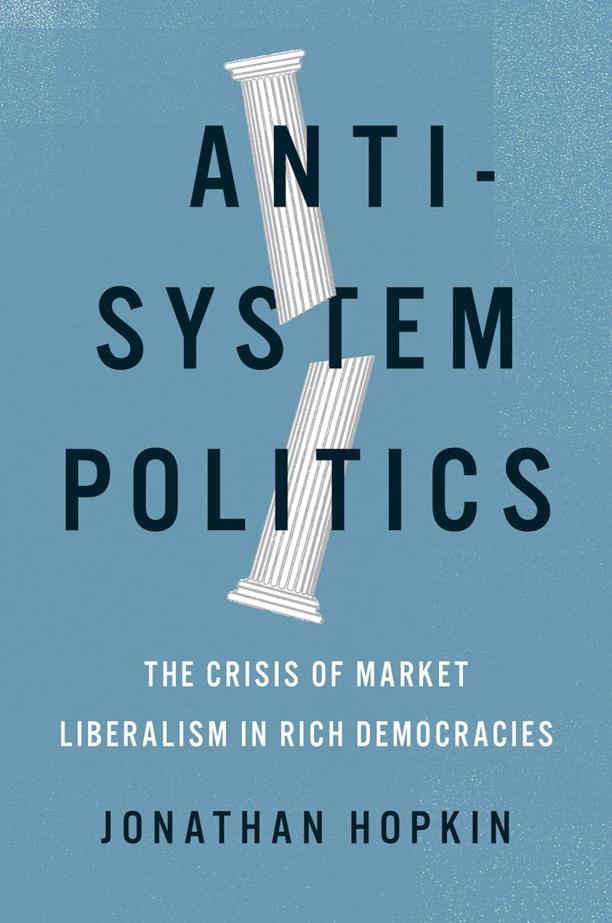
Anti-System Politics
The Crisis of Market Liberalism in Rich Democracies
Jonathan Hopkin
The book examines the rise of populist movements and parties in affluent democracies, attributing their emergence to the failures of neoliberal economic policies that have exacerbated inequality and social fragmentation. It explores how these anti-system forces challenge the political establishment and offer alternative visions for organizing society, often at odds with the principles of market liberalism.
See full summary
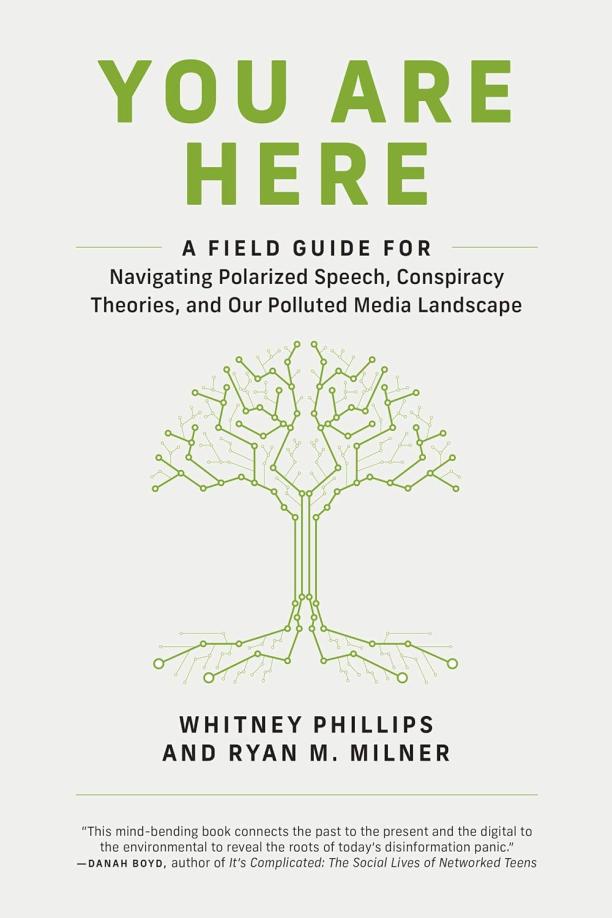
You Are Here
A Field Guide for Navigating Polarized Speech, Conspiracy Theories, and Our Polluted Media Landscape
Whitney Phillips|Ryan M. Milner
The book examines the challenges posed by a media environment saturated with misinformation, disinformation, and polarized communication. It provides insights into how conspiracy theories spread, the impact of toxic discourse on public understanding, and offers strategies for navigating and improving our interactions with information and each other in the digital age.
See full summary
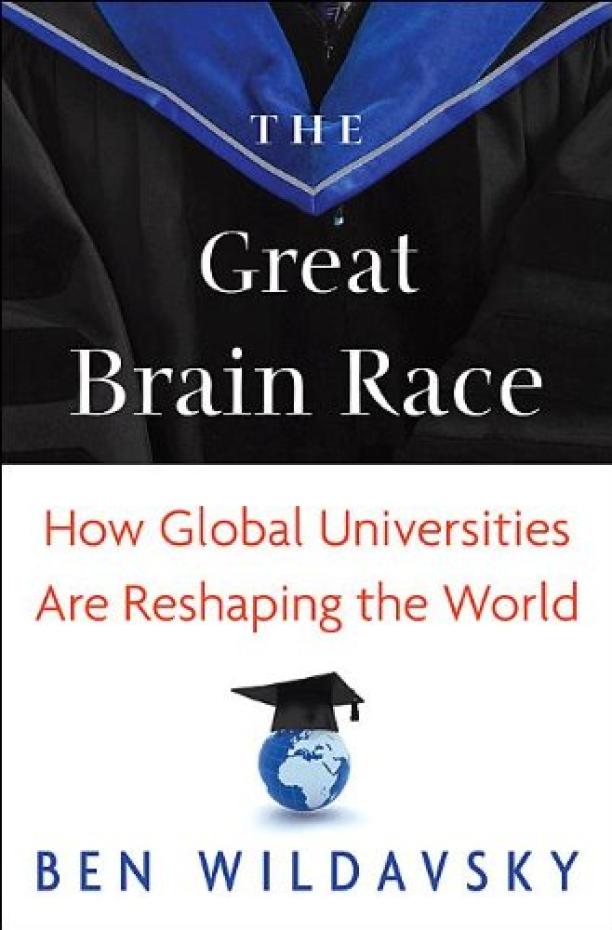
The Great Brain Race
How Global Universities Are Reshaping the World
Ben Wildavsky
The book examines the trend of globalization in higher education, exploring how the competition for talent, resources, and prestige has transformed universities worldwide. It delves into the implications of this shift, including the rise of international university rankings, the growth of branch campuses in foreign countries, and the increasing mobility of students and faculty across borders.
See full summary
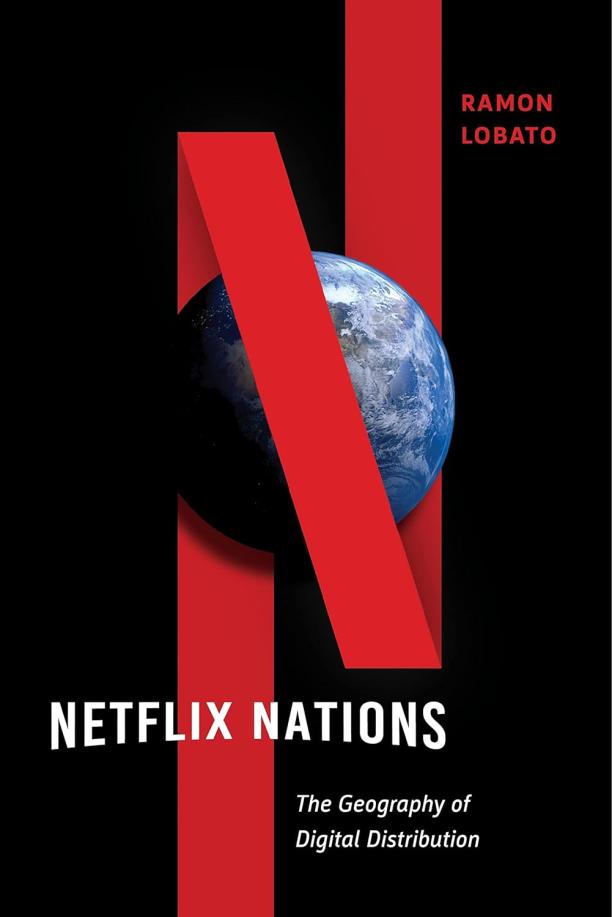
Netflix Nations
The Geography of Digital Distribution
Ramon Lobato
The book investigates the global impact of Netflix as a major player in digital distribution, exploring how the platform has transformed media consumption, production, and distribution across different nations. It delves into the regulatory, cultural, and economic implications of streaming services, examining their effects on local media ecosystems and global entertainment landscapes.
See full summary
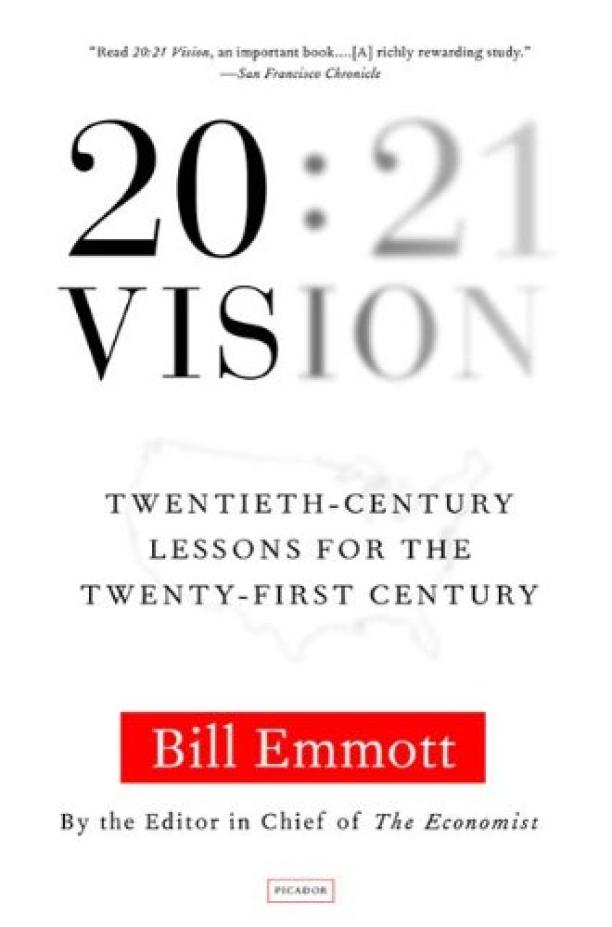
20
21 Vision: Twentieth-Century Lessons for the Twenty-First Century
Bill Emmott
The book examines the political, economic, and social trends of the 20th century to draw lessons for shaping the future in the 21st century. It discusses the successes and failures of the past to provide insights into how to address global challenges and opportunities in the new millennium.
See full summary
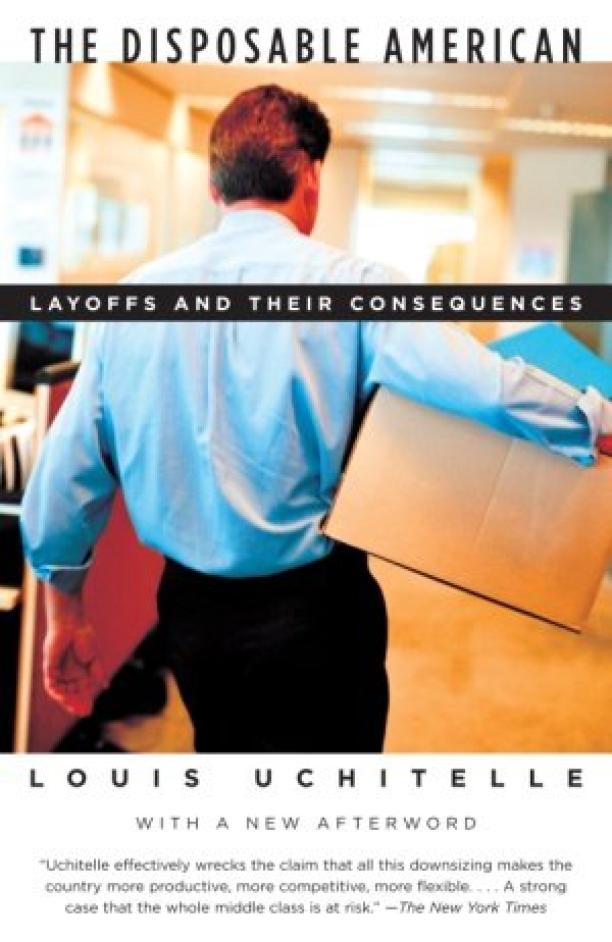
The Disposable American
Louis Uchitelle
The book examines the impact of layoffs on American workers and the economy, arguing that the trend towards job insecurity undermines both individual self-worth and the overall social fabric. It presents personal stories of affected workers alongside an analysis of the broader economic and policy shifts that have made such job losses more common.
See full summary
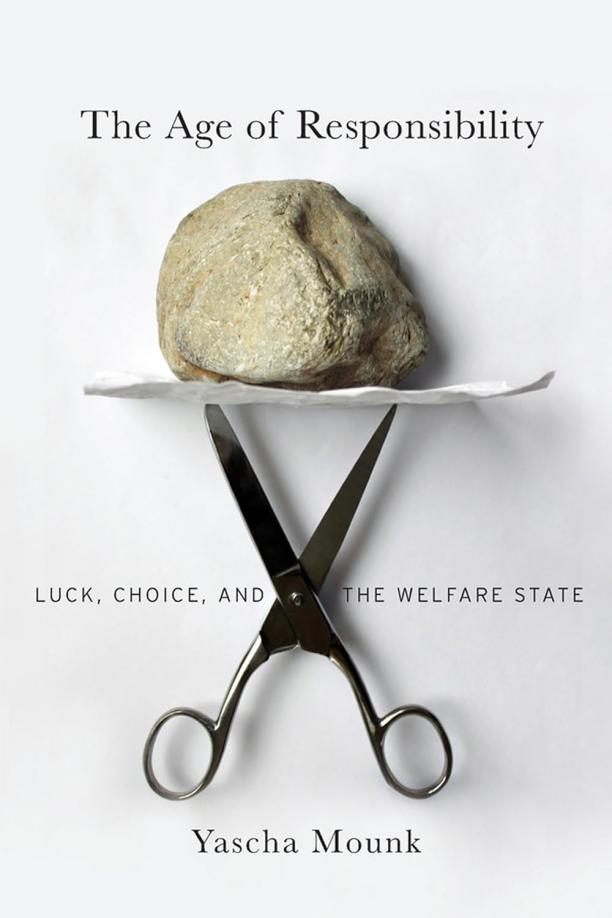
The Age of Responsibility
Luck, Choice, and the Welfare State
Yascha Mounk
The book explores the tension between the concepts of personal responsibility and collective welfare in modern societies, arguing that an overemphasis on individual choice can undermine social cohesion and the welfare state. It examines the need for a balance between luck and choice in public policy to ensure both fairness and support for those in need.
See full summary